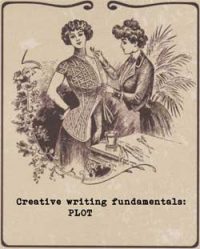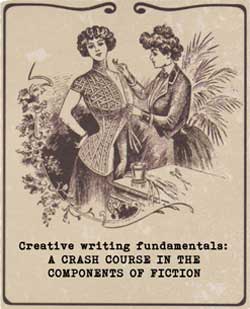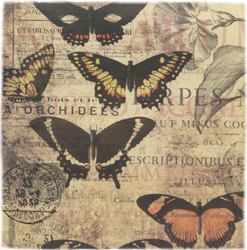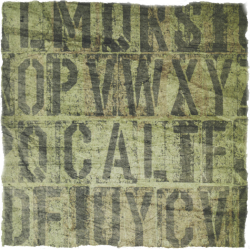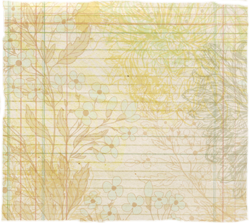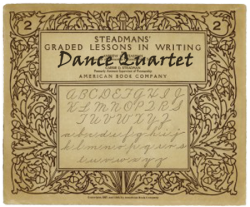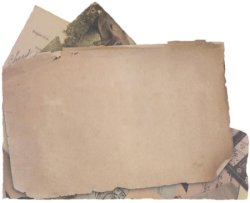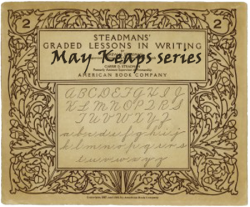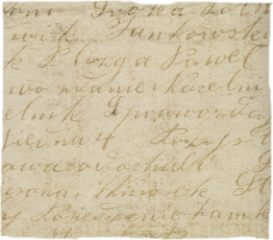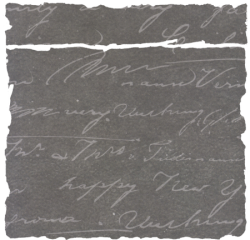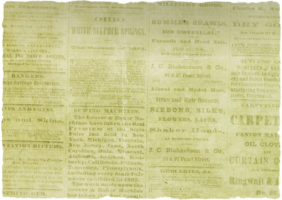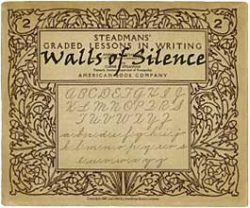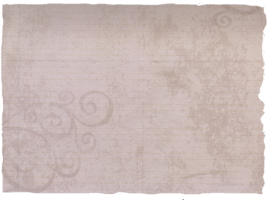The purpose of having a plot is to carry the story forward, set the scene, and develop the tension between the characters.
Plot gives purpose to what might otherwise be just a series of incidents in the lives of a group of characters.
The type of plot depends on the type of story you want to tell and maybe also the conventions of the genre (a crime story should involve a puzzle or a mystery; a romance, some impediment to the love story; a thriller, some high-octane action etc).
A good plot should raise questions in the reader’s mind and keep them guessing. Raised at the beginning of a story, they are known as ‘the hooks’:
Who?
When?
What?
Where?
Why?
How?
Plot is cause and effect. Does the dramatic incident have consequences? If not, it shouldn’t be in your story. Conversely, even the most trivial incident is relevant if it has consequences for the characters.
Plot grows out of characterisation and conflict so try to keep your characters in some kind of intriguing situation from which they will move into a new and even more intriguing situation.
Without conflict, a story will lack tension and suspense and fail to keep the reader interested. Types of conflict:
Physical
Verbal
Internal conflict
Expansion of conflict already existing
Adverse conditions to a plan
Struggle to succeed against the odds
Repercussions of flouting authority
Clash of personalities
Diverse emotional reactions
Controversy
Opposition of ideas or interests
Opposing forces
You can find more on the skills & craft of writing
structure
theme
material
dialogue
narrative & voice
setting
motivation
revision & rewriting
characters
endings
beginnings
the novel
short stories
What some other writers have to say about plotting:
In nearly all good fiction, the basic – all but inescapable – plot form is: A central character wants something, goes after it despite opposition (perhaps including his own doubts), and so arrives at a win, lose, or draw.
John Gardner
Plotting may be a bore even if you are good at it. At least it is something that has to be done so that you can get on with the real business.
Raymond Chandler
Conflict is always a conflict about incompatible motives – motives that compel us to incompatible goals.
William McDougal
Plotting is a way of looking at things. It’s a way of deciding what’s important and then showing it to be important through the way you construct and connect the major events in your story. It’s the way you show things mattering.
Ansen Dibell
Plot might seem to be a matter of choice. It is not.
Elizabeth Bowen
Themes, characters, and situation create plot.
May Sarton



